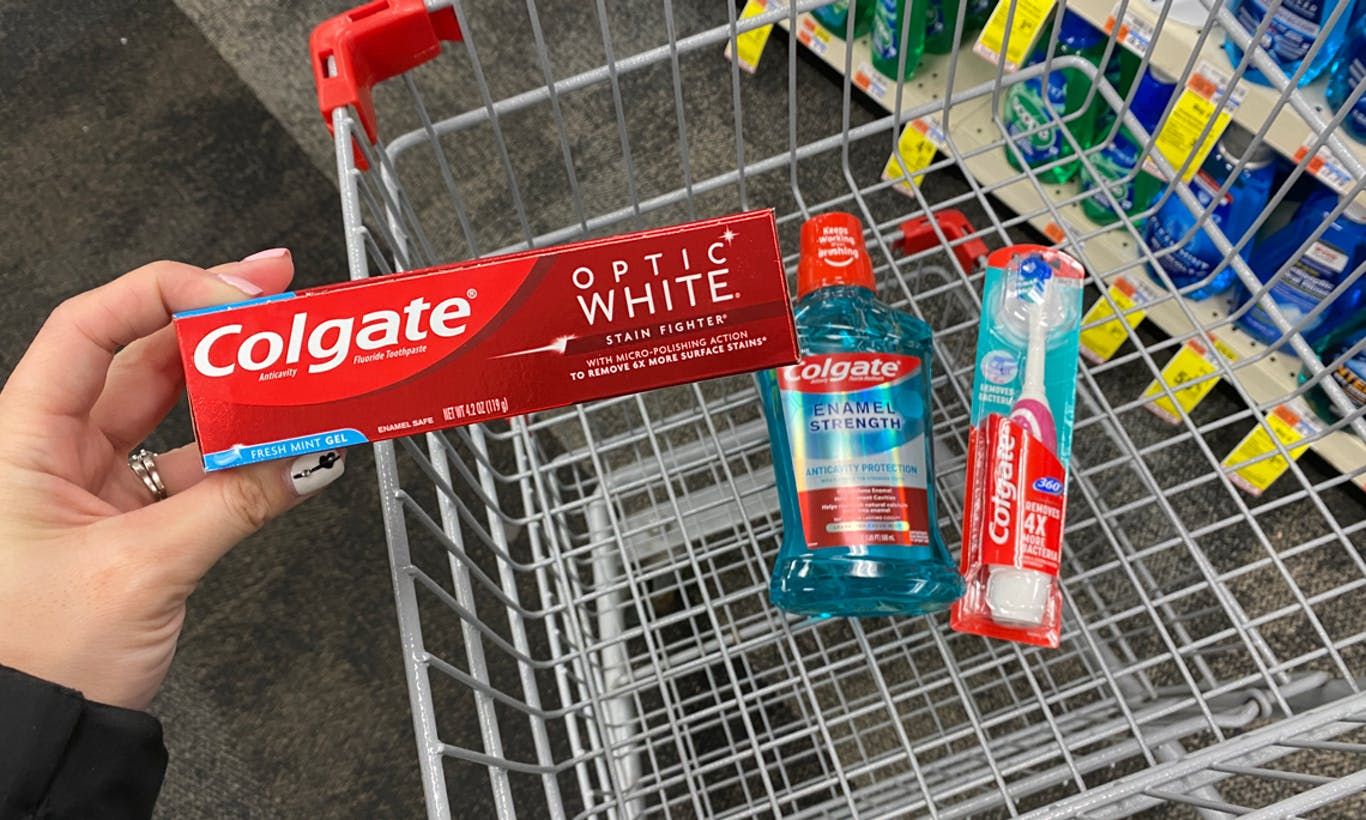How To Spot Cheap Stuff That Doesn't Suck

Table of Contents
Understanding "Cheap" vs. "Value"
The key to successful budget shopping isn't just finding the lowest price; it's finding the best value. A low price doesn't automatically equate to a good deal. Let's clarify what true value entails.
Defining Value
Value isn't solely determined by the initial price tag. It considers several crucial factors:
- Cost per use: A slightly more expensive item that lasts longer can be far more economical in the long run. Think about a cheap t-shirt that fades after a few washes versus a slightly pricier one that retains its color and shape for years. The latter offers superior value despite its higher initial cost.
- Product lifespan: Consider the product's expected lifespan. A durable, long-lasting item will save you money on replacements in the long term, even if it costs more upfront.
- Brand reputation: Research the brand's reputation for quality and customer service. A reliable brand often indicates better-built products and better support should anything go wrong. Reading customer reviews is key here.
Identifying Potential Bargains
Knowing where to look for deals is half the battle. Here are some valuable resources:
- Online deal sites and coupon apps: Websites and apps like RetailMeNot, Groupon, and Honey can help you find discounts and coupons for a wide range of products and services.
- Sales and clearance events: Keep an eye out for seasonal sales, Black Friday, Cyber Monday, and other major shopping events. Stores often drastically reduce prices to clear out inventory.
- Refurbished or gently used items: Reputable sellers on platforms like eBay and Amazon offer refurbished or used products at significantly lower prices. Always check the seller's ratings and return policies.
Evaluating Product Quality Before Purchase
Before clicking "buy," take the time to thoroughly evaluate the product's quality. This will save you from purchasing disappointing, low-quality cheap stuff.
Checking Reviews and Ratings
Customer reviews are invaluable. Don't just look at the average star rating; dig deeper:
- Recurring issues: Pay close attention to recurring issues mentioned by multiple reviewers. If many people complain about the same problem (e.g., a faulty zipper on a bag, a short lifespan for electronics), it's a red flag.
- Balanced reviews: Look for reviews that highlight both pros and cons. A review that only praises the product without mentioning any drawbacks might be suspect.
- Review volume: The number of reviews is as important as the average rating. A high number of reviews suggests a product with a significant user base, providing a more reliable assessment of its quality.
Examining Product Specifications and Materials
Don't rely solely on marketing materials; look at the fine print:
- Materials: Research the materials used – are they durable and long-lasting? Look for high-quality materials like stainless steel, durable fabrics, or robust plastics.
- Warranties and guarantees: Look for products with warranties or guarantees. This shows the manufacturer's confidence in their product's quality.
- Manufacturing details: Where was the product made? What's its construction like? Detailed specifications often reveal the product's build quality.
Comparing Similar Products
Don't settle for the first product you see. Compare across different brands and models:
- Price comparison websites: Use price comparison websites like Google Shopping to quickly see prices from various retailers.
- Spreadsheet comparison: Create a spreadsheet to compare features and costs side-by-side. This allows you to objectively evaluate which product offers the best value.
- Value over price: Remember, the cheapest option isn't always the best value. Consider the product's features, durability, and lifespan when making your decision.
Shopping Smart for Specific Product Categories
Let's look at some specific product categories and how to find cheap stuff that doesn't suck within each:
Clothing
Look for durable fabrics like cotton, linen, or blends that are known for their durability. Check the seams for quality stitching and read reviews to see how the clothing holds up after multiple washes. Consider buying timeless pieces rather than trendy items that will quickly go out of style.
Electronics
With electronics, check the specifications carefully. Look for reputable brands with good warranties. Consider buying refurbished electronics from trusted sellers; they often offer significant savings while still providing functionality. Read reviews to see if common issues exist.
Home Goods
For home goods, focus on durable materials. Sturdy wood furniture, well-constructed cookware, and quality textiles will last much longer than cheaper alternatives. Pay attention to the construction—look for strong joints, solid materials, and good craftsmanship.
Conclusion
Finding cheap stuff that doesn't suck is achievable with the right approach. By understanding the difference between price and value, meticulously evaluating product quality, and shopping strategically, you can transform your bargain hunting into a rewarding experience. Remember to check reviews, compare prices, and consider the long-term cost of ownership.
Start finding amazing deals today! Use these tips to become a savvy shopper and discover the joy of quality on a budget. Stop settling for cheap products that disappoint; embrace the art of finding affordable cheap stuff that doesn't suck and enjoy the satisfaction of quality without the premium price tag!

Featured Posts
-
 Line Of Dutys Martin Compston Update On Potential New Series
May 06, 2025
Line Of Dutys Martin Compston Update On Potential New Series
May 06, 2025 -
 Mengenali Batu Yaman Habasyi Asli Ciri Ciri Keunikan Dan Cara Membedakannya
May 06, 2025
Mengenali Batu Yaman Habasyi Asli Ciri Ciri Keunikan Dan Cara Membedakannya
May 06, 2025 -
 Nikes Super Bowl 2025 So Win Ad Bill Maher Calls It A Zombie Lie On The Patriarchy
May 06, 2025
Nikes Super Bowl 2025 So Win Ad Bill Maher Calls It A Zombie Lie On The Patriarchy
May 06, 2025 -
 The Us Israel And Azerbaijan A Deep Dive Into Their Strategic Partnership
May 06, 2025
The Us Israel And Azerbaijan A Deep Dive Into Their Strategic Partnership
May 06, 2025 -
 Alleged Lady Gaga Bomb Plot Satanic Ritual Child Killing And Lgbtq Targeting
May 06, 2025
Alleged Lady Gaga Bomb Plot Satanic Ritual Child Killing And Lgbtq Targeting
May 06, 2025
